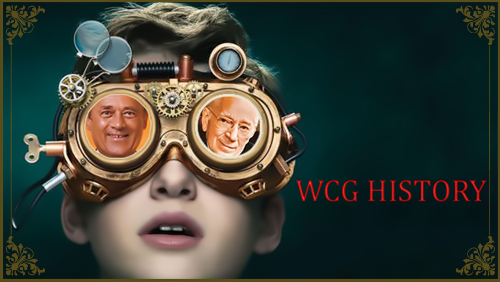
I’m reading a book called “Non Zero–The Logic of Human Destiny” by Robert Wright. Wright studies history from perspectives of game theory and evolutionary psychology.
First, there are hunter gatherer groups who learn the necessity of cooperation, then comes the “Big Man” who learns to cooperate with other tribes through trade and Potlatch, where excess is given in great quantity to other tribes to ensure reciprocal altruism. With agriculture comes chiefdom who begin to control great territories in which much agricultural abundance attracts large numbers of people.
Genesis 47 shows this evolution in one chapter, where the people grow crops and give to granaries, preparing for scarcity.
With the advent of script and writing, a second information revolution occurs. The first was agriculture.
With agriculture and writing, cities appear, This is also shown in Genesis 47, where large numbers of people are moved to cities and become dependent on the emerging state.
The farmers then have larger tracts to grow even more crops, a portion of which is given to the state.
Scribes who are literate share power as priests, and the ruler becomes God. Everything is devoted to him and enforced by laws created by the literate priests, who are not taxed.
The evolution described by Wright is encapsulated by Genesis 47,and shrunk to the lifetime of Joseph, who allegedly created these ideas for Egyptians.
But the chapter also points out there is hatred of shepherds, part of the hunter-gatherer line, and farmers of the emerging agricultural era.
It’s also interesting that Jesus is called the Good Shepherd, not the good farmer.
Religion today seems to shift backward to chiefdom, with the Bible interpreted to thousands of different tastes.
Evangelicals look to individual men or women who “preach the gospel”, and generally look to the most successful as being true.
This is an evolutionary strategy, not religious. The idea is to control as many different views as possible in one system for future reference. It is a collective brain, but of necessity emphasizes individual freedom to encourage innovation.
Even Genghis Khan saw the value of religious freedom and encouraged it.
While the state looks to laws and statutes, religion looks to chiefdom.
This is why there is corruption where strong religious leaders appear.
Article by Ralph Haulk

